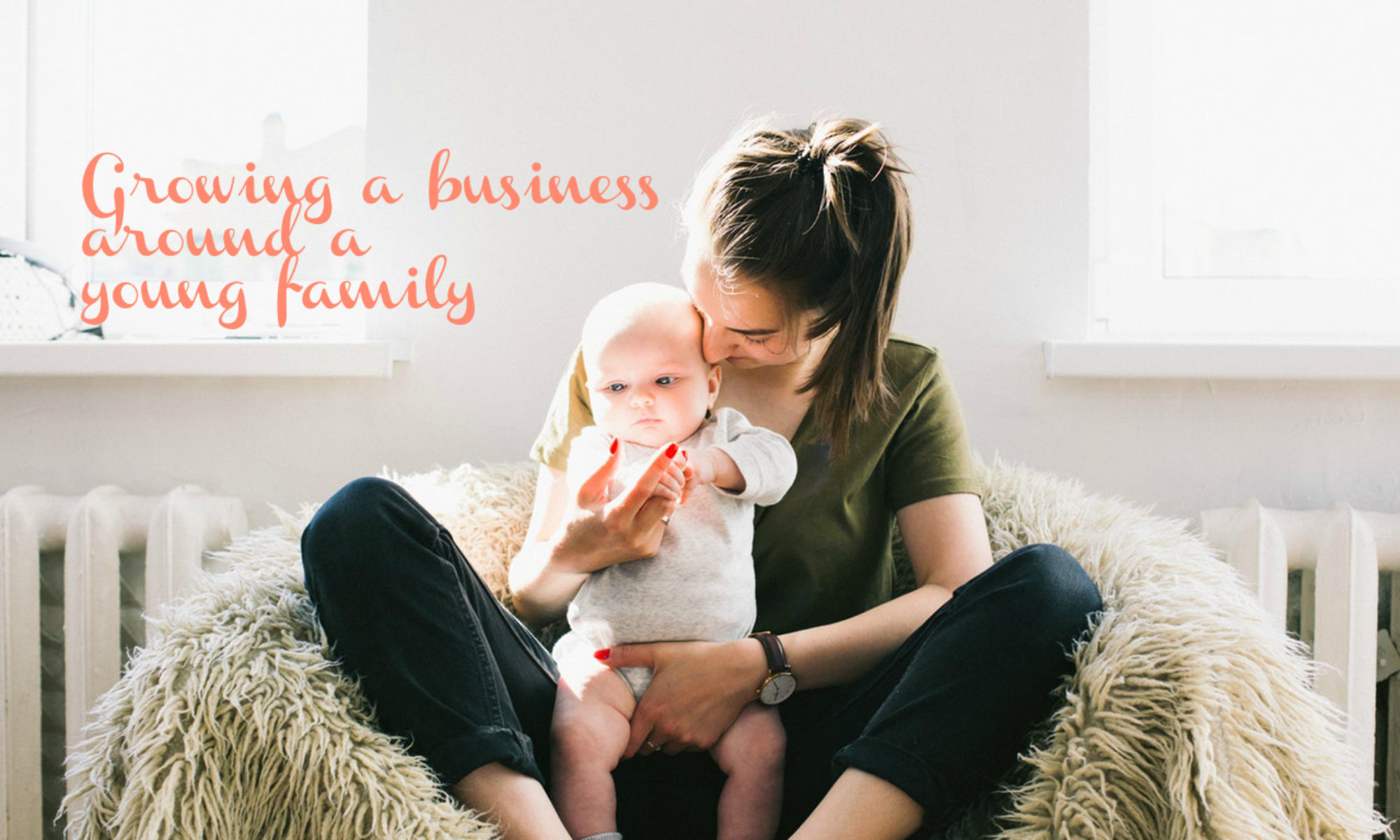The 21st Century is a universe of digital technology. Are you disappointed with the service you’ve received at your favourite restaurant? Make a public complaint on social media. Are you about to hire someone new for the job? Check their profile on LinkedIn. In other words, people live in a world of data. While it is essential to join the digital movement to maintain your social status and be in a position to interact with companies, people, and public services, there is a need to understand the impact of data sharing. Digital savviness is about using data to resolve a problem. Digital privacy is the red flag that marks the thin line between online savviness and exposure. Whether you are working with business data or creating personal data, today more than ever you need to find that line and respect it.

Are You Personal And Confidential Data Private?
Data privacy is not a new term. But you’d be surprised to know that while most people have heard of it, not many follow its recommendations. In truth, if you want to find out how private your personal or business data are, you can take a little test online. It is designed to find out whether your data are safe or whether you are putting yourself at risk by exposing a little too much. Consider this scenario: If you share your holiday plans online with no privacy settings – in other words, if anyone can see when you are going on holiday – then you are unintentionally letting potential burglars know when the house will be empty.
Is It Safe To Share Personal Data Online?
This naturally leads to the big question: is it actually safe to share anything online? Yes, it is, depending on what you share and on the benefit you can get from it. This is especially true for personal apps: the employee assistance program app, for instance, is designed to provide emotional support in difficult personal situations. Consequently, the app is linked to your absence requests in order to display the most relevant content for your case. Similarly, fitness apps monitor your efforts and can provide recommendations and encouragements based on your performance. In other cases, online chats with a service provider will also require you to identify yourself by sharing personal data – aka your password, your name, or your postcode. But these chats are secure. Besides, the chat assistant will need the identification step to help you further with your query.
What Happens When You Share Too Much?
While it is safe to share personal and confidential data in a secure constellation, it’s different when you share publicly. Oversharing is a risky business. If you don’t want your employer to know about your partying habits, then it’s best not to post pictures. But the risk is even higher when others can share information about you, such as a parent posting pictures of their children or a friend posting a video of you. This kind of exposure is not only invading, but can also damage your reputation, your private life, and even your safety. If you are worried that you might be sharing too much, have a look at Deseat.me, a web app that can delete your digital presence. It’s especially useful as you can list accounts to keep and those to delete permanently. No more unnecessary digital exposure!

